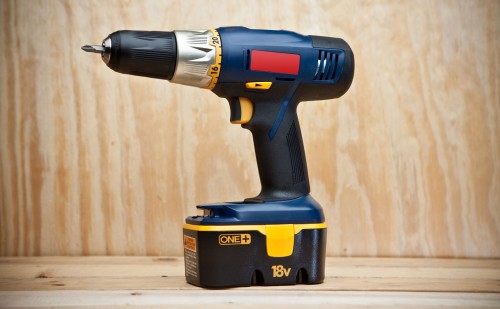
A common cliché in sales training is “Sell the hole, not the drill.”
This maxim stems from the idea that if a person is buying a drill, it’s not because they really want a drill, but because they want a hole. And you should focus on the problem they want to solve, rather than your product. For example:
• What do they need to put a hole in?
• Where do they need the hole?
• How many holes do they need?
• How often do they need to make them?
All of this information is important and valuable.
And yet, it’s overly simplistic. Because you still have to sell the drill. Assuming the person is going to buy a drill—and buy it from you in particular—is dangerously arrogant and can lead to lost sales.
Here’s the thing: There’s a lot of ways a person could create a hole:
• Saw
• Auger
• Chisel
• Ice pick
• Handgun
• Walrus tusk
• Plastic explosive
Arguably, some of these options are worse than others, but the point is, the prospect doesn’t necessarily need a drill to solve their problem. And even if a drill is the obvious answer in their mind, they don’t necessarily need to buy one. They could conceivably borrow one from a friend, relative, or neighbor.
So you actually need to sell the drill. Which is largely guiding them to the right drill for them, based on their needs, budget, and preferences. Helping them understand things like:
• What are the differences among the brands you carry?
• Why should they buy a particular model in your line?
• Should they buy the top-of-the-line drill or the entry-level drill?
• Corded or cordless?
• Do they need the ultimate bit assortment or the basic bit set?
And then, not only do you have to make a case for the drill itself, you have to make the case for your company as the seller. Why should they buy it from you??? Especially when there are dozens of other retailers who would happily sell them the exact same drill. (Many for less than your price.) Failing to adequately answer this crucial question can result in your prospect walking out empty-handed.
Focusing on your buyer’s problem or goal is valuable. Focusing exclusively on it is a mistake. Because there are so many more elements in the sales process. I haven’t even touched on customer experience, listening skills, follow-up, or closing—all of which are essential to your ability to sell a drill.
So don’t get so hung up om your prospect’s need that you forget to make a strong case for your product and your company. Because the hole isn’t the whole story.

Leave a comment